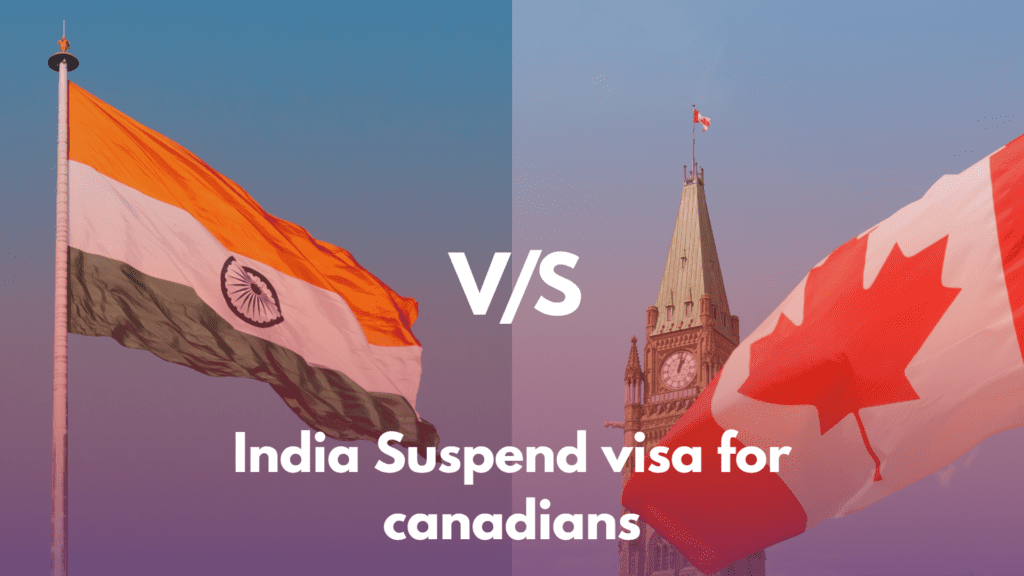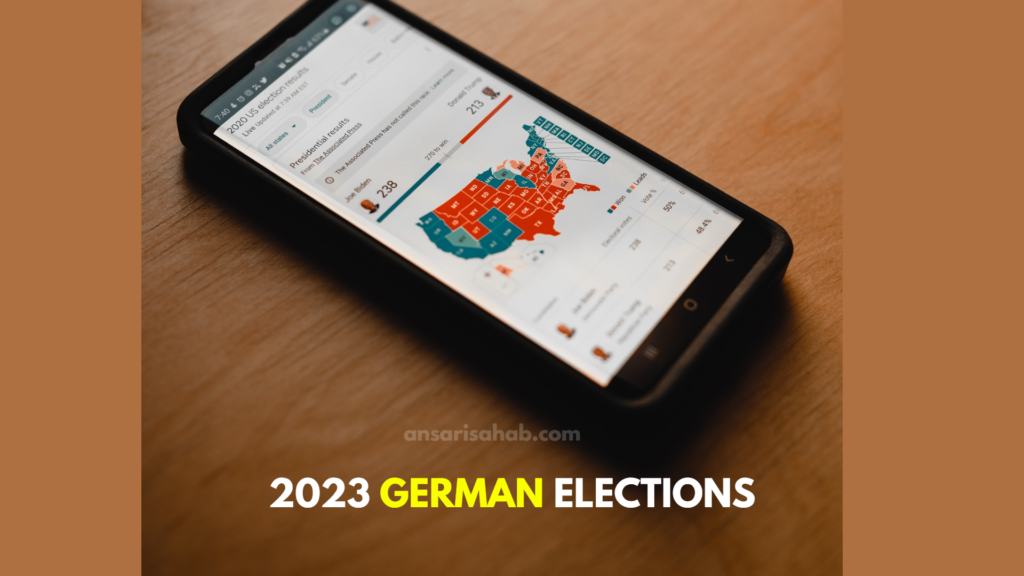Calls for UEFA Israel suspension have grown louder this week, as United Nations experts formally urged UEFA and FIFA to suspend Israel from international football competitions amid allegations of severe human rights violations. Meanwhile, Israel is reportedly scrambling to prevent a decisive vote on its membership status.
UN Experts Demand Suspension of Israel
On September 23, 2025, a group of eight U.N. human rights experts called on UEFA and FIFA to bar the Israeli national team and clubs from participation, citing ongoing conflict in Palestinian territories. They argued that sporting bodies must not normalize or implicitly endorse alleged abuses. The experts emphasized that sanctions should target the State of Israel, not individual athletes.
At present, Israel continues to play in UEFA tournaments, including the 2026 World Cup qualifiers in Group I. Its clubs, like Maccabi Tel Aviv, compete in European club competitions such as the Europa League.
Pressure Mounts as UEFA Weighs Vote
Qatar is reportedly pressing UEFA to schedule a vote in its Executive Committee to suspend Israel. According to reports, many national associations are leaning toward expulsion. Meanwhile, Israeli football authorities are said to be working vigorously behind the scenes to block the measure from being tabled.
Israeli officials describe such a suspension as potentially “a deathblow to Israeli soccer,” warning it could mean immediate exclusion from World Cup qualifying and European club tournaments. UEFA has not publicly confirmed whether a vote will take place.
57 OIC nations and 22 Islamic countries unite together against Israel
Statutory Grounds and Demands from Clubs
Several European clubs and advocacy groups are actively demanding UEFA act. Irish club Bohemian FC, along with FairSquare and Irish Sport for Palestine, submitted a letter to UEFA requesting immediate suspension of the Israel Football Association (IFA). The letter cites two principal statutory violations:
- Israeli clubs playing matches in West Bank settlements, allegedly in breach of FIFA’s territorial rules.
- Alleged failure by the IFA to enforce anti-racism and discrimination safeguards as required by UEFA statutes.
The letter frames its demand in the context of escalating humanitarian concerns in Gaza and references independent findings of genocide by U.N. inquiry commissions.
Implications if Suspension Occurs
- National team exclusion: Israel would lose its place in UEFA World Cup qualifying, ending its string of upcoming fixtures.
- Club bans: Israeli clubs like Maccabi Tel Aviv would be barred from the Europa League, Champions League, and other UEFA competitions.
- Sporting isolation: Suspension could extend to other international tournaments, damaging Israel’s sporting diplomacy and finances.
- Legal precedents: UEFA would follow prior precedent—such as Russia’s suspension—by invoking its statutes to act against a member state over conduct.
However, suspension requires a three-quarters majority in the UEFA Executive Committee. Some sources suggest that Israel may avoid an immediate expulsion thanks to diplomatic pressure and intervention from key allies.
Reactions from Stakeholders
The calls for suspension have drawn mixed reactions. Supporters emphasize that sport cannot be detached from moral responsibilities in times of conflict, especially when major violations are alleged. The U.N. experts stated, “Sporting bodies must not turn a blind eye to grave human rights violations.”
Conversely, Israel’s football leadership insists that exclusion punishes fans and athletes unjustly. They argue the IFA should not be held responsible for state actions.
Other sports bodies have so far remained cautious. UEFA has taken symbolic steps, such as banner messaging during the 2025 UEFA Super Cup, but has avoided directly siding with either block.
What It Means for Fans and Football
For fans, the stakes are high. If Israel is suspended:
- Matches would be canceled or voided, affecting international calendars.
- Clubs will lose revenue from UEFA competitions, broadcasts, and trophies.
- Athletes may seek transfers or change teams to avoid exclusion.
- The broader football community faces pressure to define the line between politics and sport more clearly.
The situation also raises questions: when does a sporting body act on geopolitical grounds? How should associations ensure fairness while upholding moral standards? UEFA’s upcoming decisions will test both its statutes and its ethical posture.
FAQs
A: It refers to the status of Israel’s national teams and clubs within UEFA’s European football competitions.
A: UN experts and advocacy groups are pressing UEFA to suspend Israel over alleged human rights abuses in the Gaza conflict, appealing that politics cannot be divorced from sport.
A: It would remove Israel from World Cup qualifiers and ban its clubs from UEFA tournaments like the Europa League and Champions League.
The UEFA Israel question now sits at a crucial crossroads, as the football world watches whether governance, ethics, or geopolitics will define the path forward.









